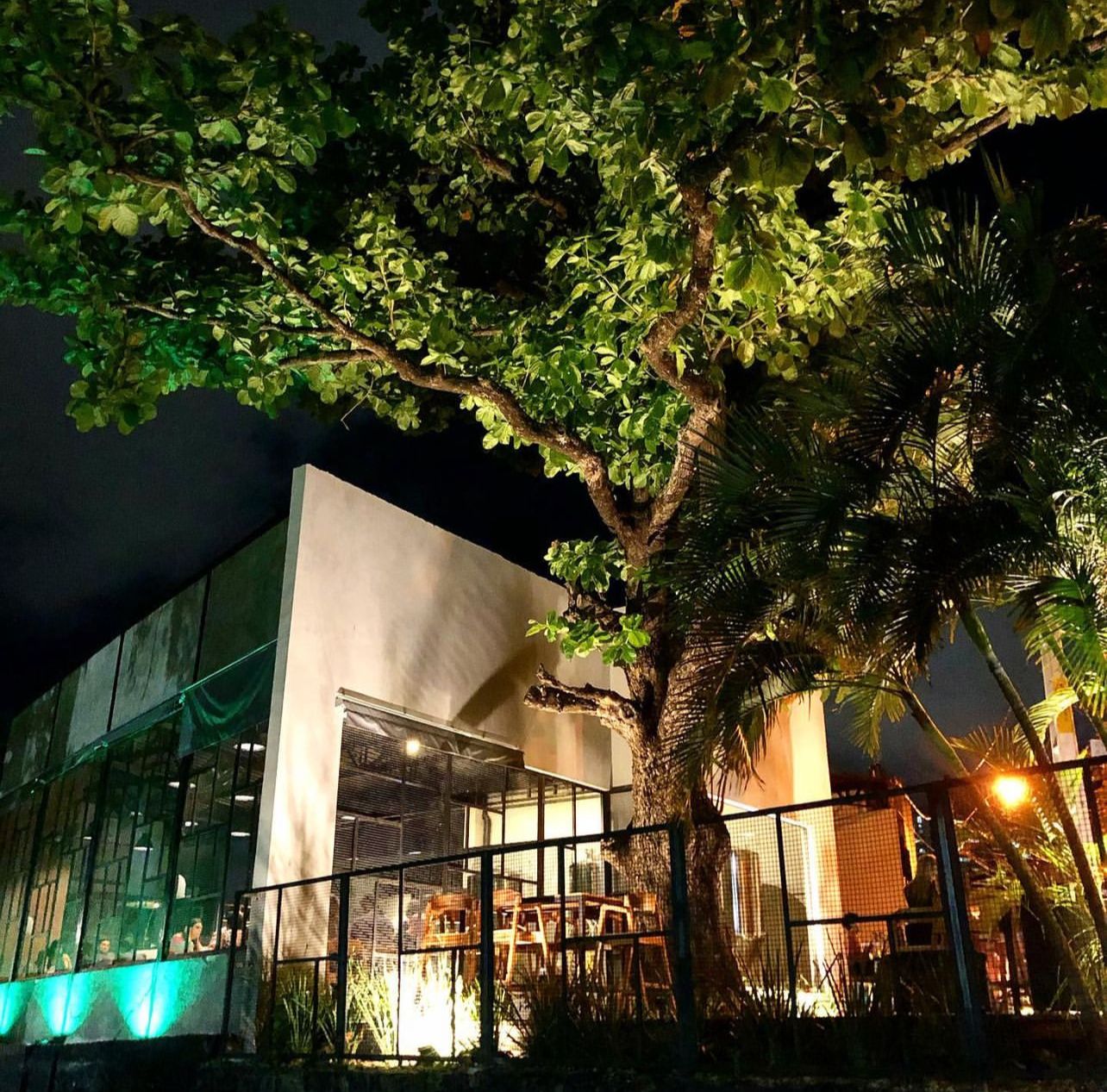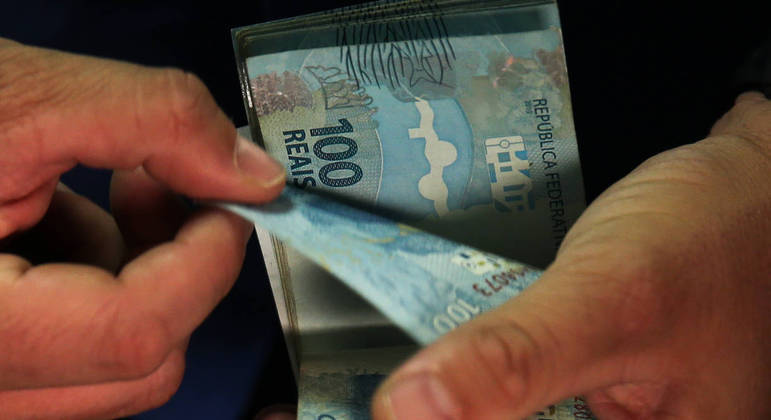Without enough investment to speed up the economy and make it more competitive, Brazil has lagged behind its international peers. From 1980 to 2019, the state invested 49 times the size of 1979. In the same period, looking at other emerging countries, the multiplier was 249 in India; 202 in South Korea; and 66 in South Africa. In the United States, that number was 81.
The results partly explain the poor economic performance, low productivity, and low Brazilian competitiveness in recent years. Worse, there is little expectation that this situation will change in the short to medium term.
A survey conducted by the Brazilian Association of Infrastructure and Basic Industries (ABIDIB) showed that in 1979, Brazil invested, in updated values, R$930 billion. Between 1980 and 2019, the total volume was R$45 trillion.
If the country had followed the path of India, for example, the investment would have exceeded R$200 trillion in this period.
Compared to South Korea, the value would come to roughly R$190 trillion – nearly 20 times Brazil’s GDP in 2021. With regard to South Africa, twice the national GDP.
“We are left behind. Brazil has stopped investing trillions of reais in recent years, which has alienated the country from other countries,” says Roberto Guimarães, director of planning and economics at Abdib. According to him, if the same model is applied with respect to industrial production, the result will be similar.
Brazilian industrial production would have had an additional R$6.5 trillion if it had grown like South Korea, between 2010 and 2021. For Mexico, it’s R$5.1 trillion, or 2.9 times. With regard to South Africa, we would have doubled production.
“We’ve worked out the key to having to increase investment, but what we’ve seen has been a decline in public investment in the last 10 years.” One of the main problems, Guimarães says, is that governments are unable to cut current spending and thus discount investments. “The projected budget for this year is a quarter of what it was 15 years ago.”
vicious circle
Low investment has been a chronic problem since the 1980s, the Brazilian state has grown too much, the public machine has become bloated, and with globalization, the country is starting to lose its competitive edge with respect to competitors. “Brazil has some problems to solve, such as balancing the public accounts and deciding what they want to be, as well as agribusiness and mining,” says Ricardo Rocha, professor at Inspire.
Difficulty investing creates a vicious cycle in the economy. GDP is not growing because investments are not taking off, and companies are not making new investment because of low growth expectations.
“A country that grows a little is a country that asks for less, and that is what determines the investment,” says Inter.B consulting president Claudio Frischtak.
According to him, in a closed economy with little competition, the motive for investment is growth.
Today, Brazil has a fiscal adjustment policy rather than a growth policy, experts say. Much of what the current administration promised has not taken off, such as the privatization of important businesses and key reforms to put the country on a growth path, says FGV Associate Researcher Ibre Claudio Considera. “A country with high unemployment, no expectation of demand and insecurity does not attract investment.”

“Hardcore beer fanatic. Falls down a lot. Professional coffee fan. Music ninja.”

:strip_icc()/i.s3.glbimg.com/v1/AUTH_59edd422c0c84a879bd37670ae4f538a/internal_photos/bs/2024/S/i/6bqJJySsaxPjDreaiimw/2024-05-13t171628z-1-lynxmpek4c0qg-rtroptp-4-paris-summit.jpg)





More Stories
CPF in Note: How to register, check balance and withdraw money from your purchases
Warren Buffett has a net worth of $135.3 billion. Where does your money come from?
MEIs: Now you can count on Believe to help negotiate your debt, see how!